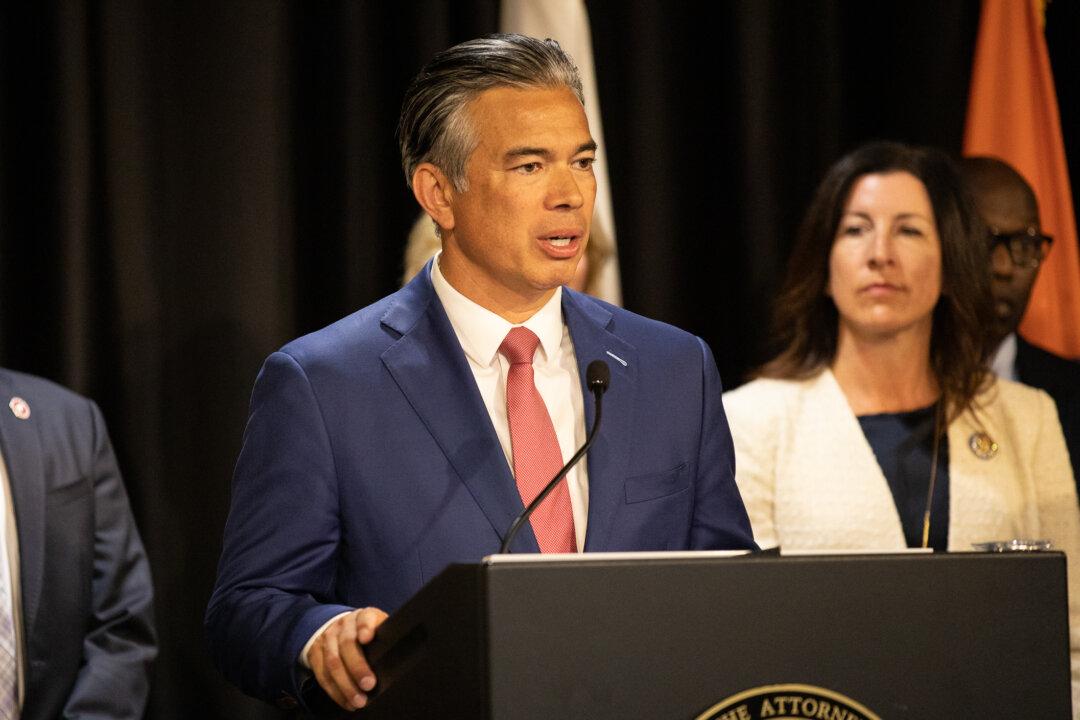With housing authorities interpreting the state’s rent control laws differently, California Attorney General Rob Bonta issued letters (pdf) to the agencies June 29 clarifying the statutes and demanding protection for all tenants.
“As California grapples with an unprecedented housing crisis, it’s critical that we work together to protect those most at risk of losing their homes,” Mr. Bonta said in the press release July 5.





